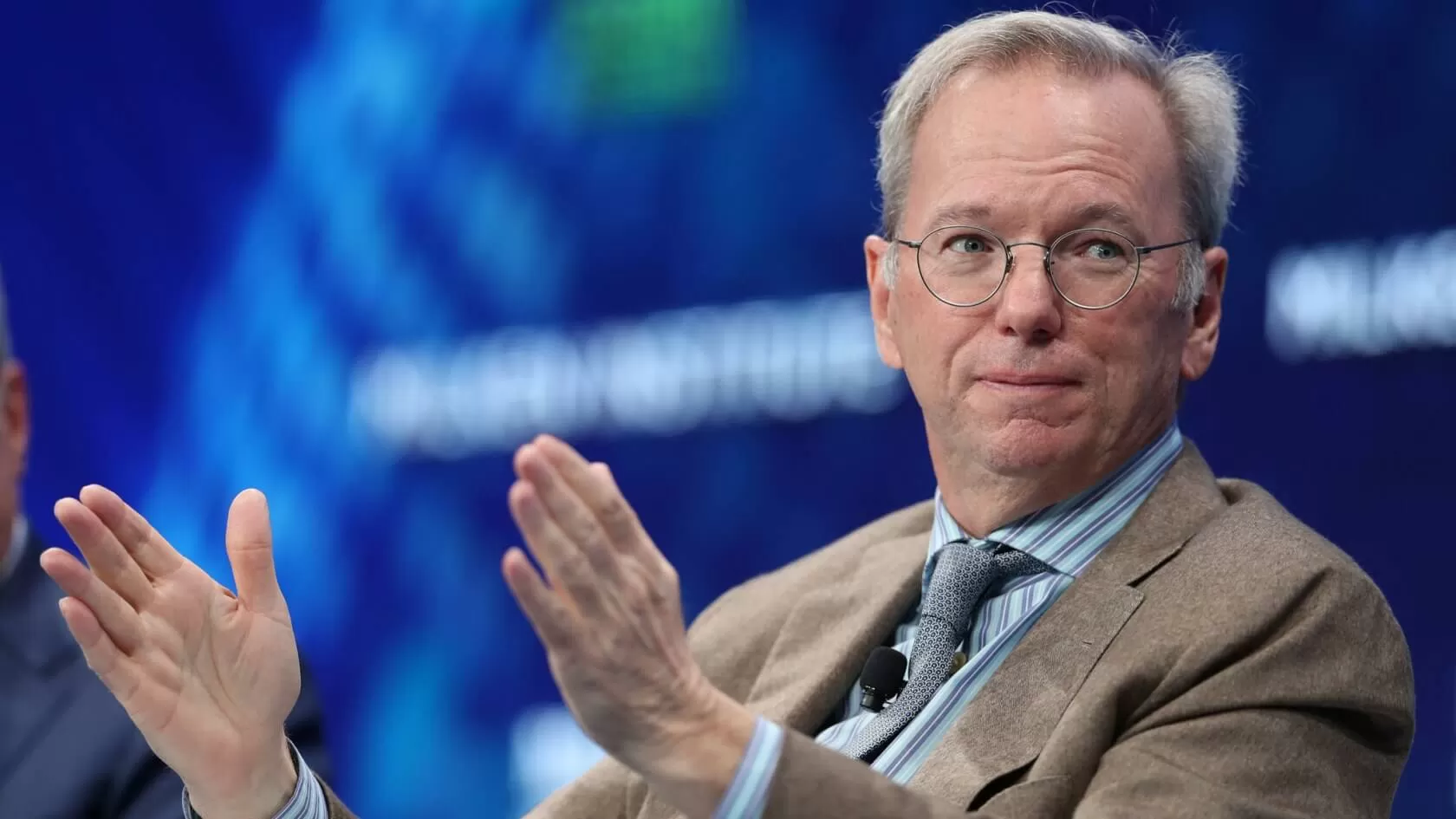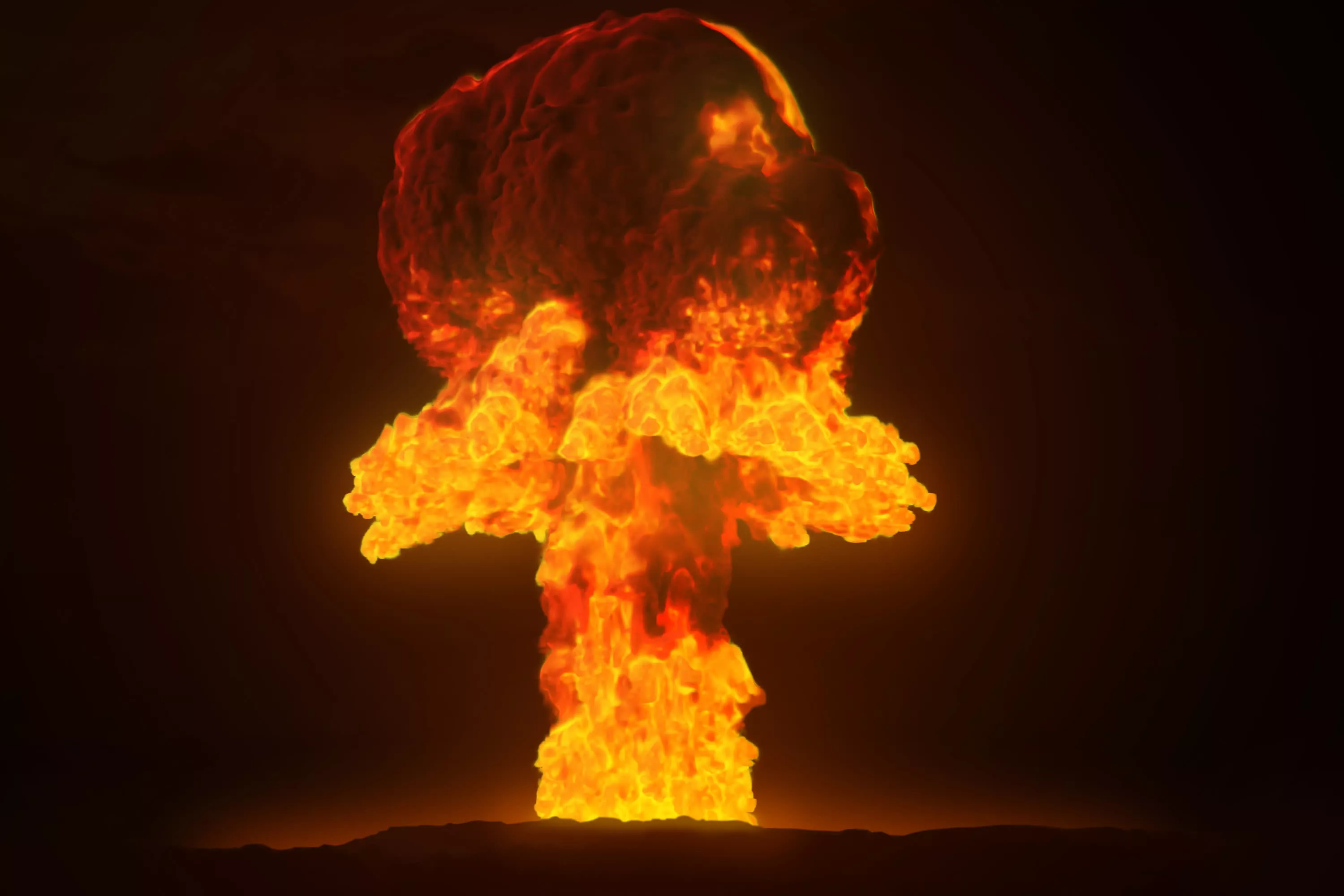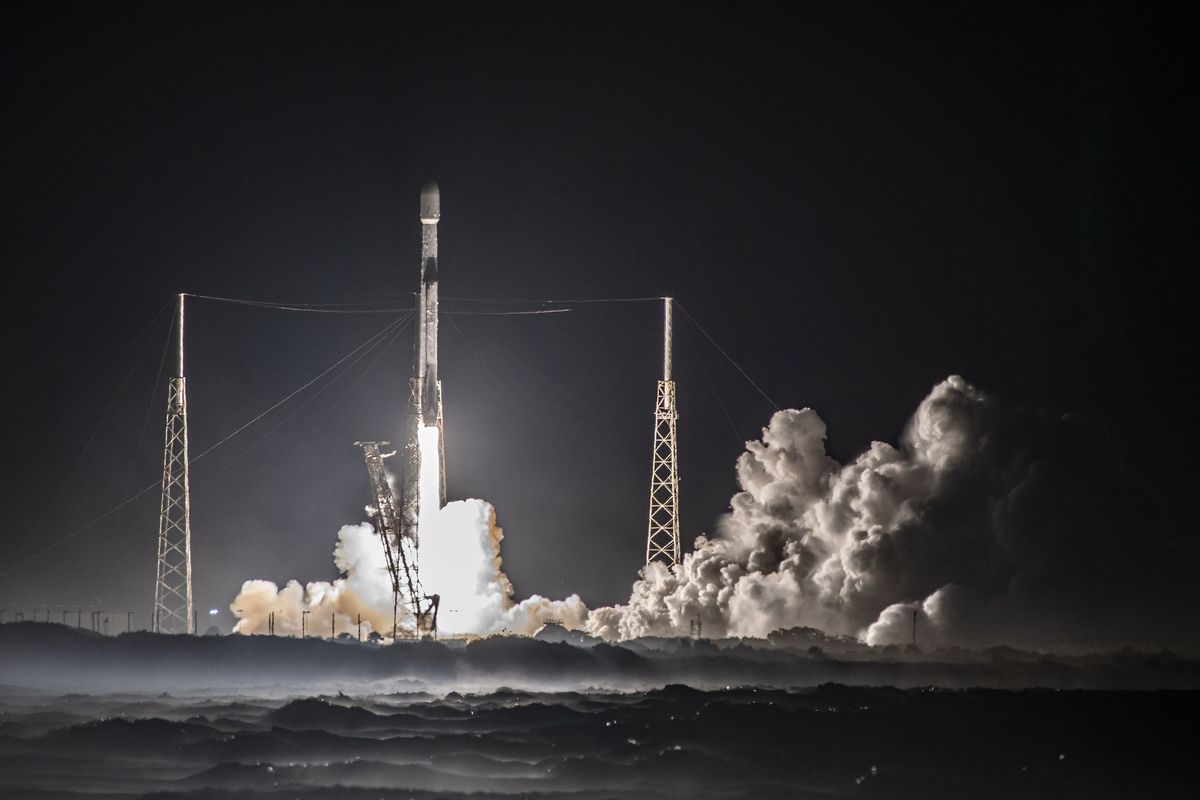In context: With so many of today's headlines relating to AI in some form or another, it's easy to understand why people are calling 2023 the year that artificial intelligence really takes off. But, as with many technologies, there are plenty of potentially bad applications for AI alongside the good ones, including its impact on warfare. According to former Google CEO Eric Schmidt, artificial intelligence could have a similar effect on wars as the introduction of nuclear weapons.
In an interview with Wired, Schmidt, who in 2016 became a founding member of the government's Defense Innovation Board, talked about upgrading the US military with the most cutting-edge tech to take on China.
Some of Schmidt's conversation topics include a startup called Istari that uses machine learning and the metaverse to virtually assemble and test military vehicles such as tanks. He also talked about his vision for an internet of things-style network of inexpensive drones that could work seamlessly as one unit.

Schmidt left Alphabet's Board of Directors in 2019
Schmidt said the Pentagon should learn from the Russian invasion and how Ukraine has resisted its more powerful invader by moving quickly and adapting technology from the private sector, such as converting commercial drones into weapons and 3D-printing spare parts—though Starlink has put a stop to its SpaceX service being militarized. "Let's imagine we're going to build a better war-fighting system," Schmidt said. "We would just create a tech company."
But the real game changer could be artificial intelligence. "Einstein wrote a letter to Roosevelt in the 1930s saying that there is this new technology—nuclear weapons—that could change war, which it clearly did. I would argue that [AI-powered] autonomy and decentralized, distributed systems are that powerful," Schmidt said.
The former Google CEO and Alphabet chair has helped bring his vision of AI-powered warfare into the DOD over the last decade. Agency leaders now believe the technology will revolutionize military hardware, intelligence gathering, and backend software, helping the US in the arms race against China.
Comparing AI to nuclear weapons doesn't sound like a positive thing, even if Schmidt is making the comparison in terms of how it could change the way wars are fought, rather than having the potential for outright annihilation. Plenty of people believe AI can be used for good—Nvidia boss Jensen Huang called ChatGPT the greatest thing to ever happen to the computing industry—but with Lockheed Martin just announcing that an AI recently flew one of its jets for 17 hours, many remain concerned about the technology's applications when it comes to warfare.
https://www.techspot.com/news/97601-former-google-boss-ai-could-change-war-same.html

